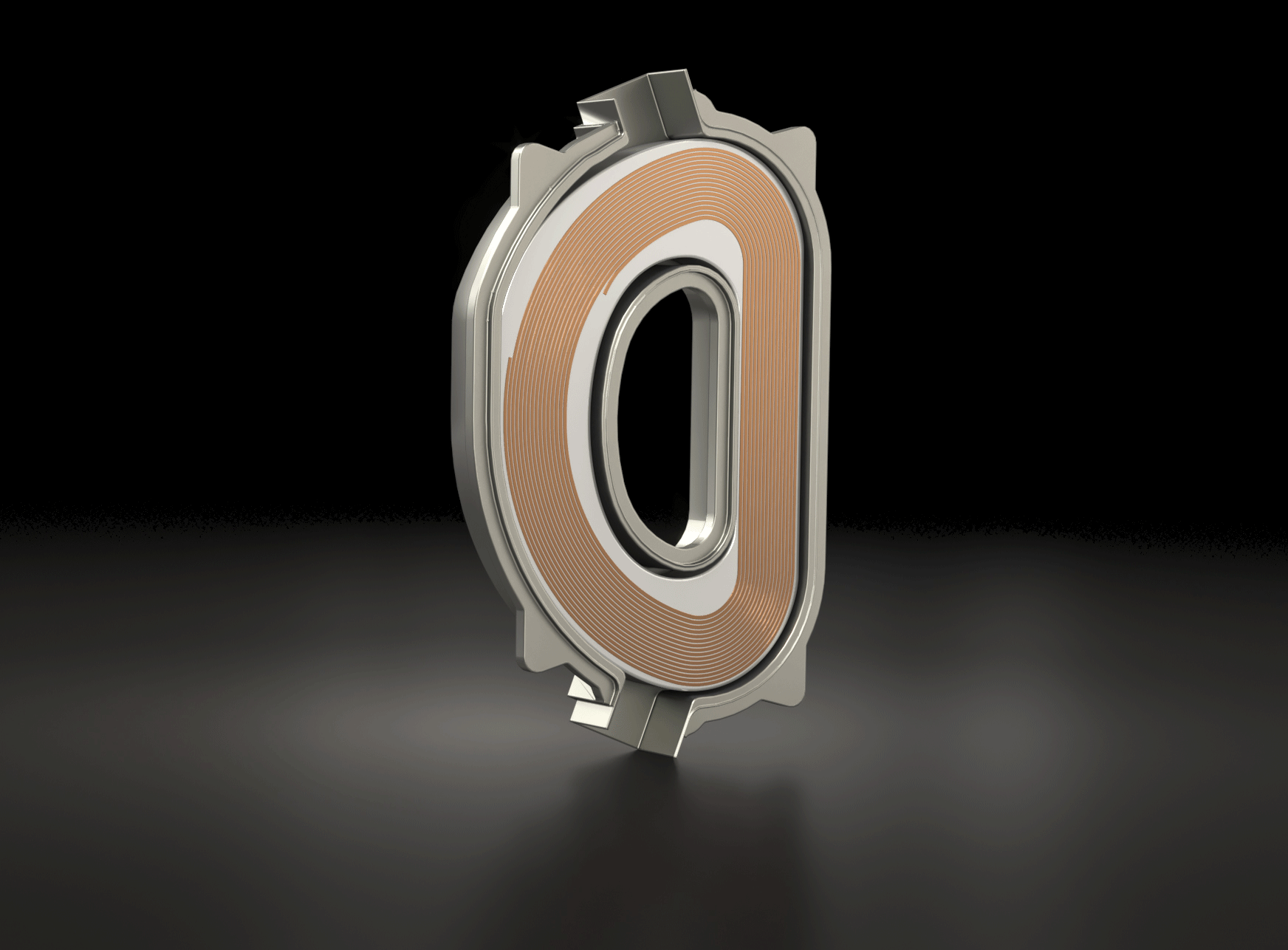QTC Awarded $1.5M from the Department of Energy for Research on Quantum Diamond Magnetometers
The U.S. Department of Energy (DOE) has announced $11 million for ten projects to be conducted over three years focusing on Quantum Information Science (QIS) with applications to fusion and plasma science. Through joint research in fusion energy and QIS, these awards are intended to accelerate progress in fusion energy research through advances in QIS, and to advance QIS through groundbreaking techniques enabled by plasma science. The Quantum Technology Center (QTC) has received $1.5 million for their project titled “High-Field Quantum Diamond Magnetometers” in collaboration with Commonwealth Fusion Systems (CFS), a Massachusetts Institute of Technology (MIT) spin-out commercializing fusion energy. Led by QTC Founding Director Ronald Walsworth and QTC Scientist Dr. Matthew Turner, their project utilizes advancements in quantum sensing with Nitrogen Vacancy (NV) centers in diamond to enable diagnostic capabilities in extreme environments necessary for practical commercial fusion device operation and other applications using high magnetic fields. The goal of the project is to develop robust magnetometers, based on quantum defects in diamond, that can operate in the intense environment inside a tokamak fusion device. Arrays of high-field (between 1 and 20 Tesla) magnetometers are necessary for control and performance optimization of fusion plasmas. No existing magnetometers are known to meet the requirements of the extreme radiation, magnetic field, and temperature environment in a tokamak fusion device. Diamond is known to be robust to extreme radiation in other applications and theoretical estimates indicate that the diamond approach will be sensitive enough for the intended fusion applications. “The DOE grant will enable experimental validation of the high-field quantum diamond magnetometers and demonstration of robustness in extreme environments,” said Walsworth, who is also a Minta Martin Professor of Electrical and Computer Engineering and Physics. “I’m pleased that the University of Maryland will be receiving new funding from the Department of Energy for projects in fusion energy sciences,” said House Leader Rep. Steny Hoyer in the DOE announcement, whose district includes the University of Maryland. “With this funding, the University of Maryland will help lead critical research on fusion energy, which is vital in our work to combat the climate crisis and move our nation toward cleaner sources of energy. I congratulate the University on this exciting funding and look forward to seeing the research they produce.” The QTC project was selected by competitive peer review under the DOE Funding Opportunity Announcement for Quantum Information Science Research for Fusion Energy Sciences and a companion National Laboratory Announcement. View the complete list of projects here. The Quantum Technology Center (QTC) is a collaboration between the University of Maryland’s A. James Clark School of Engineering and College of Computer, Mathematical, and Natural Sciences, and the CCDC-Army Research Laboratory. QTC works on translating quantum science into new capabilities and technologies.
Related Articles: May 6, 2021 Prev Next |


